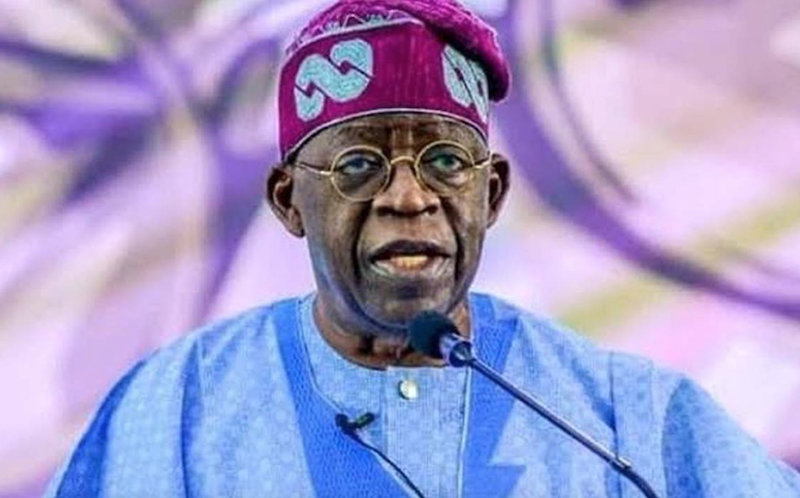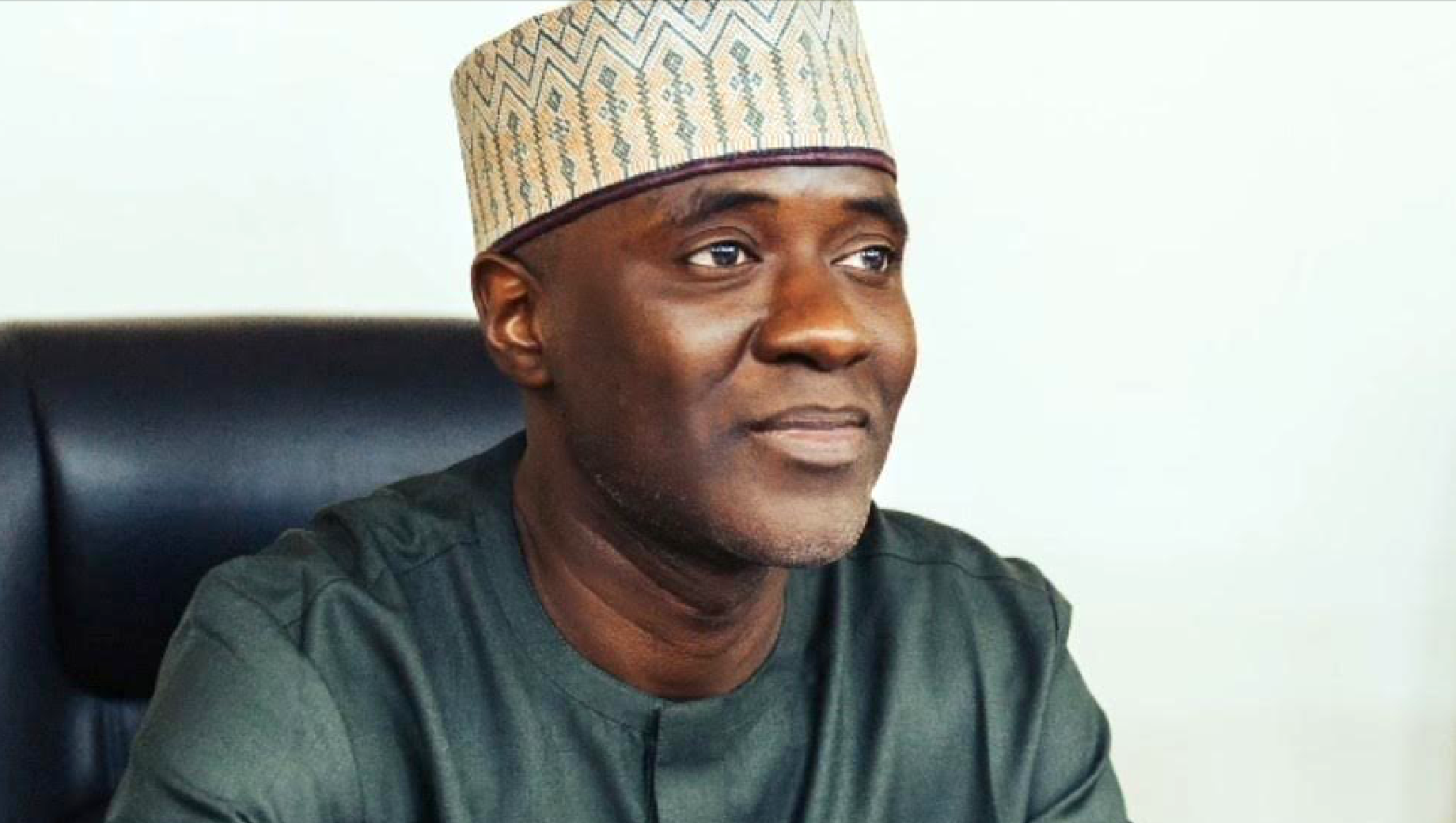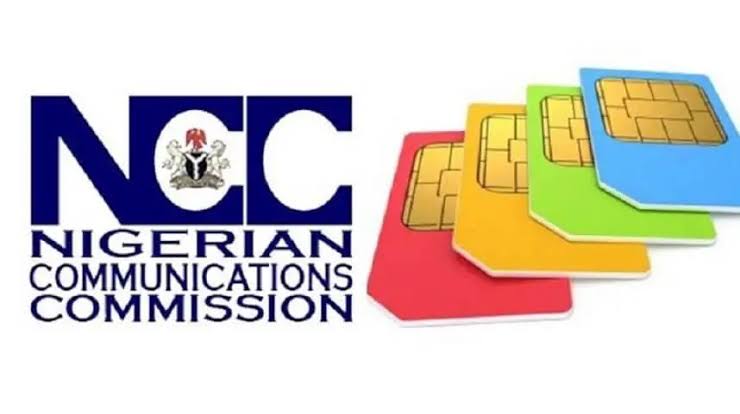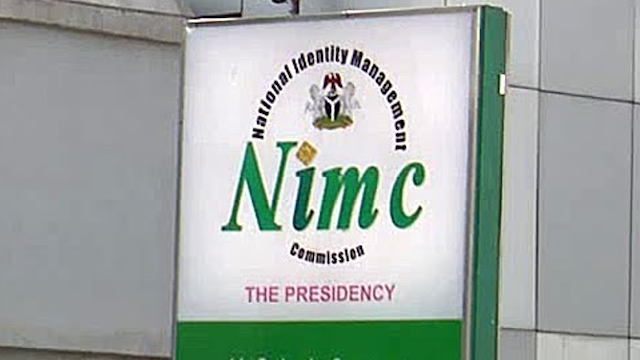The Director-General of the National Identity Management Commission (NIMC), Abisoye Coker-Odusote says NIMC and the Nigerian Communications Commission (NCC) are collaborating with security agencies to track down kidnappers and rescue the victims.
The NIMC boss spoke at the Stakeholders Consultation Forum in Nigeria Digital Identification for Development Project (NDID4D) on Thursday, in Abuja.
Odusote said they were going to use the National Identity Numbers (NIN) and Subscribers Identity Modules (SIM) databases to track them down.
The forum is with the theme, “Fostering Inclusion and Feedback Mechanism in the Nigeria Digital (ID4D) Project.”
Odusote declined to give details of the collaboration, saying some gaps had been identified and all stakeholders were working to close up such gaps to address the security problems plaguing the country.
She said loopholes that had been identified were being plugged, while NIMC and NCC were also collaborating with security agencies to ensure infrastructure and other necessary information were harnessed to address the challenges.
Odusote, represented by her Technical Assistant, Mrs Ayobami Abiola, said that the essence of NIN for citizens was to reduce incidences of corruption and implement strategic development plans.
According to her, countries that have completed their national identity databases have been able to deploy them for development and implement social security programmes successfully.
Odusote said that NIMC would strengthen relationships with key stakeholders to ensure that established functional structures across states, local government, ward, and community levels could make enrolment for NIN more accessible to the people.
She said that more vulnerable persons, especially persons with disabilities, as well as people who were in various Internally Displaced Persons (IDPs) camps in the country, would be captured in the National Identity Database.
She said President Bola Tinubu had expressed concerns about fragmented identity and the need for Nigeria to have a unified system, saying the administration was committed to changing the narratives of national identity for all Nigerians.
“The President has expressed worry over our fragmented identity system, which is causing the country huge losses in expenditure and has given us marching orders to ensure we integrate and unify our identity system.
“To match words with action, the President on assumption of office as Commander-in-Chief signed the Nigeria Data Protection Bill, now Nigeria Data Protection Act.
“This was to provide the needed legal framework for the protection and privacy of the data of Nigerians and legal residents.
“The NIN is free and for everyone. At the NIMC, we frown at all forms of extortion and will ensure anyone found culpable of extorting any potential enrollee is made to bear the full weight of the law.
“Since my assumption of office as the D-G of NIMC, I have led several sting operations to enrolment and regional coordination centres across the country.
“Some of our staff who were found extorting enrollees were handed over to law enforcement agents for prosecution.”
Odusote explained aside from working to remove all impediments and barriers to enrolment for a national ID, NIMC was working closely with the NDID4 with support from the World Bank,
Others are the French Development Agency (AFD), and European Investment Bank (EIB) in implementing series of sustainable and innovative reforms among others.
“The goal is to remove all current challenges and difficulties that people face in enrolling for IDs, fostering a robust, seamless, and more inclusive enrolment system where ID is provided for everyone, and no one is left behind.
“We are also committed to addressing the challenges and barriers that vulnerable individuals and groups, including women, persons with disabilities, IDPs and refugees face in obtaining the NIN.
“It is needed to facilitate their access to critical services necessary for their well-being.
“NIMC is fashioning ways to clear the backlog of enrolment fees owed to enrolment partners.
“It has also developed a robust business model to incentivise all partners particularly those who will be conducting enrolment in remote and hard-to-reach communities and locations.”
She said that over 300 representatives of the revalidated enrolment agents drawn from every part of Nigeria, were undergoing training on several aspects of the enrolment process.
“This is to equip them with all necessary skills and information needed to help them interact well with applicants and integrate into communities they are commissioned to carry out enrolment.
“We will be working on amending the NIMC Act to ensure it is in consonance with the current digital realities to ease integration with other foundational ID agencies like the National Population Commission.
“We are also working tirelessly on upgrading the enrolment software and ensuring the training and retraining of all licensed enrolment partners,” she said.
Earlier, Solomon Odole, the Project’s Coordinator, NDID4D, stated that the forum was aimed at engaging stakeholders of the reforms that NIMC was making to ensure the NIN enrollment and issuance became easy and seamless for everyone.
Odole also said the idea behind the forum was to ensure that vulnerable and marginalised individuals and groups were given visibility and adequately considered in the identity system.
‘‘This workshop is not just about professional development but also an opportunity to foster meaningful connections and build lasting relationships.
“The workshop was aimed at fostering collective efforts among various stakeholders to foster a robust and inclusive foundational ID for every Nigerian and legal resident devoid of any form of discrimination or hindrance that ensures their access to services.”
Participants at the workshop were: representatives of CSOs, Persons with disabilities, vulnerable and marginalised groups, relevant public institutions, international donor organisations, and funding partners.






